Tags
Amy Hutchinson, Bangladesh, birch, Blue Heron Press, Gitanjali, Indian, Japanese Nishinouchi, Karen Kunc, Lincoln, lyrics, Macmillan India Limited, Madras, music, Nebraska, Nobel Prize in Literature, playwright, poems, Rabindranath Tagore, rabindrasangeet, rare books, Romulus, Scott Beadles, songs, songwriter, Vandercook SP15, woodblocks
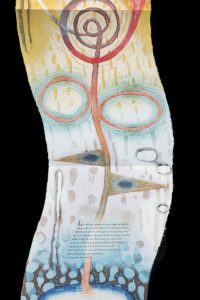
“Let all the strains of joy mingle in my last song — the joy that makes the earth flow over in the riotous excess of the grass, the joy that sets the twin brothers, life and death, dancing over the wide world, the joy that sweeps in with the tempest, shaking and waking all life with laughter, the joy that sits still with its tears on the open red lotus of pain, and the joy that throws everything it has upon the dust, and knows not a word.” — Rabindranath Tagore
Offering Time: Songs
Rabindranath Tagore (1861-1941)
Lincoln, NE: Blue Heron Press, 2001
N7433.4 K84 O35 2001
A reader of the New York Times Sunday Book Review wrote (April 16, 2017): In 1913, the Nobel Prize in Literature was awarded to Rabindranath Tagore. He was the first non-Western Nobelist. Tagore was a playwright and novelist, but also a musician and songwriter. He composed, music and lyrics, nearly two thousand songs. One hundred of these were collected into Gitanjali and published in 1913. The lyrics were published without music. Western critics called the songs “poems.” It was for this collection of songs that Tagore was recognized with the Nobel prize.
In Bangladesh, Tagore’s opus of songs became known as rabindrasangeet, a musical genre unto itself. Two of his songs were chosen as national anthems. His songs are still sung throughout the Indian subcontinent.
This reminded us of Karen Kunc’s Offering Time, a brilliant book designed to be hung, printed on one side of a single sheet made of several sheets glued together, folded to form pages.
From the colophon: “These prose translations were made by Rabindranath Tagore from his original Bengali songs, published in 1913, and in current publication by Macmillan India Limited, Madras. The text is 11 point Romulus, printed on a Vandercook SP15. The paper is Japanese Nishinouchi, and the woodblocks are birch. The production was greatly assisted by intern Amy Hutchinson throughout the fall, winter, and spring amid classes and entwining projects. All of the printing and production was done at the UNL studio of Karen Kunc…marking the millennium…edition of 50 impressions…”
Rare Books copy is no. 31, signed by the artist, Karen Kunc.
Photographs by Scott Beadles

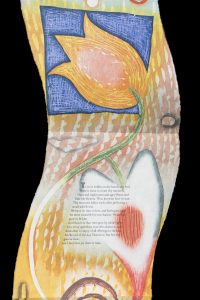
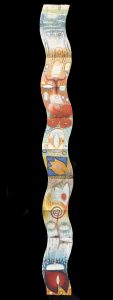
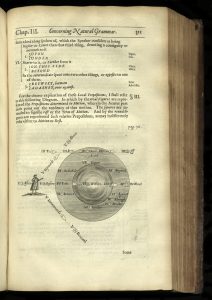
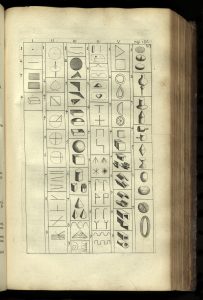
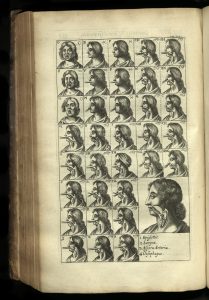
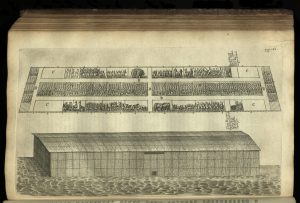
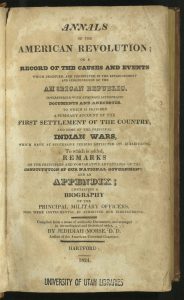
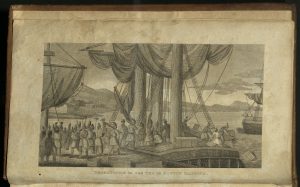
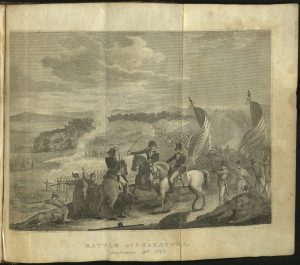
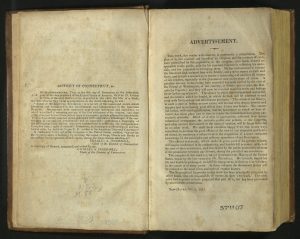
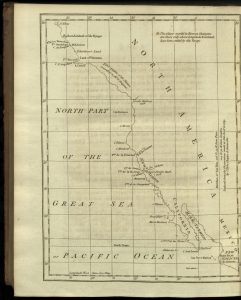
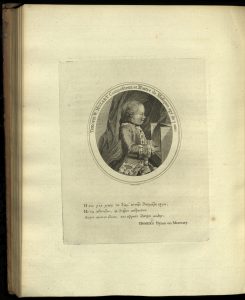
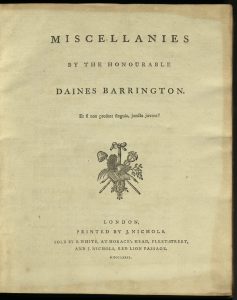
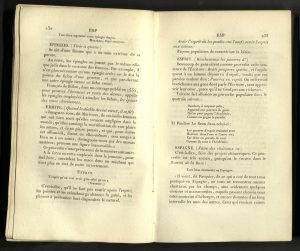
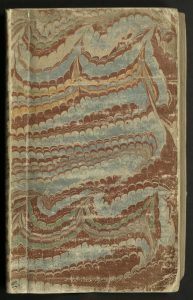
You must be logged in to post a comment.